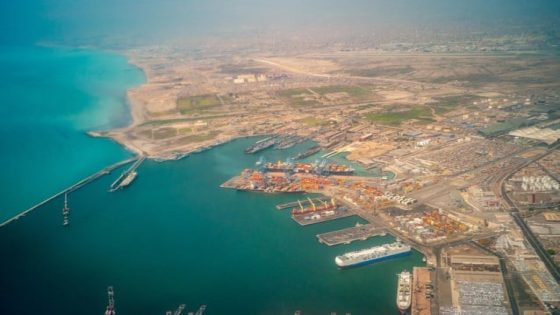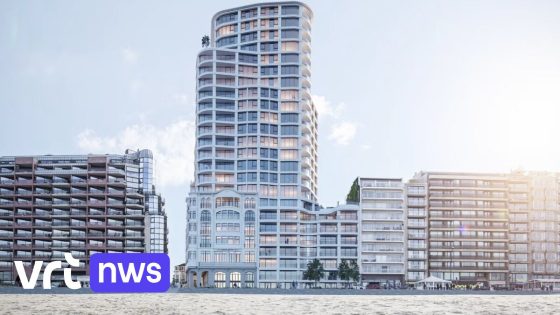On April 12, 2025, Peru made a significant decision to close 91 of its 121 ports due to unprecedented high waves affecting the coastline. This action raises concerns about maritime safety and trade disruptions.
- Peru closes 91 of 121 ports due to waves
- Marine warns of intense swells until Wednesday
- High waves originate off Chilean coast
- Harbor masters monitor port closure decisions
- Authorities suspend fishing activities and public access
- Lima's coastal road closed due to flooding
The Peruvian marine authorities warned that these intense wave conditions would persist until midweek. What implications might this have for global trade, especially for Belgian businesses reliant on shipping routes?
How Will Peru’s Port Closures Impact Global Trade Dynamics?
The recent closure of nearly three-quarters of Peru’s ports is an alarming development for international trade. As high waves batter the coast, the Peruvian navy has taken precautionary measures to ensure safety, which could lead to significant delays in cargo movement. For Belgian companies engaged in import-export activities, this situation raises critical questions: How will they navigate potential bottlenecks? Are alternative shipping routes available?
What Should Belgian Traders Know About Current Maritime Conditions?
The current maritime situation presents several considerations for traders in Belgium who depend on smooth supply chains:
- Shipping Delays: With 91 ports shut down, expect longer wait times for cargo clearance.
- Increased Costs: Companies may incur higher freight charges as vessels reroute or face congestion.
- Sourcing Alternatives: Consider diversifying suppliers or exploring different markets during this period.
- Status Updates: Stay informed through maritime bulletins and local News regarding reopening timelines.
The Economic Impact of Port Closures on Belgium
This disruption could ripple through various sectors within Belgium’s economy. For instance, industries like agriculture and manufacturing that rely on timely shipments from South America might face shortages or price increases. The urgency of maintaining open communication with partners abroad cannot be overstated; proactive measures can mitigate losses during this challenging time.
Navigating Future Challenges: Strategies for Belgian Importers
Belgian importers should develop contingency plans now more than ever. Establishing relationships with alternative suppliers can provide a buffer against future disruptions caused by weather events or geopolitical tensions. Additionally, utilizing logistics software can enhance visibility into shipment statuses and help manage expectations effectively.
Your Role in Preparing for Supply Chain Disruptions
If you’re involved in importing goods from Peru or other affected regions, it’s crucial to stay updated about port operations and weather forecasts. Engaging with logistics experts can offer insights into navigating these turbulent waters efficiently while minimizing operational risks.
The closure of 91 ports in Peru highlights the interconnectedness of global trade systems and the impact such events have on local economies like Belgium’s. Staying informed and adaptable will be essential as businesses respond to these challenges moving forward.




























